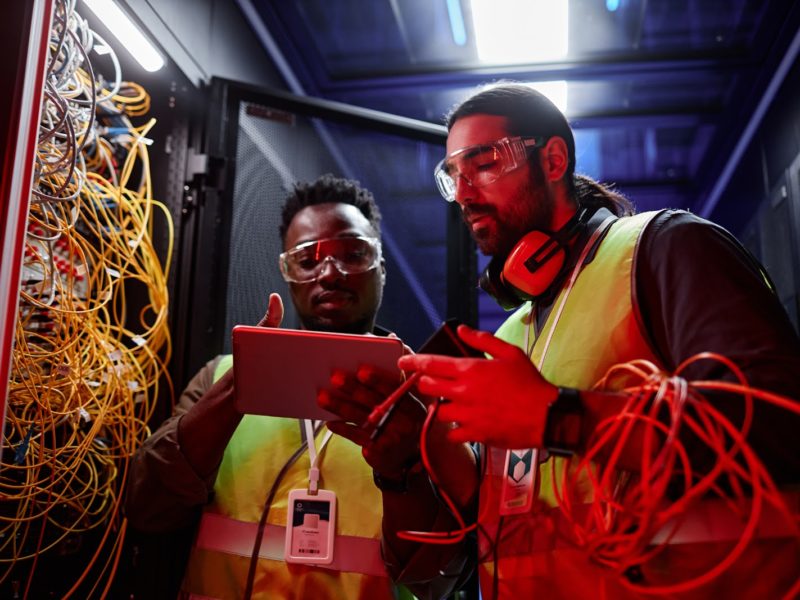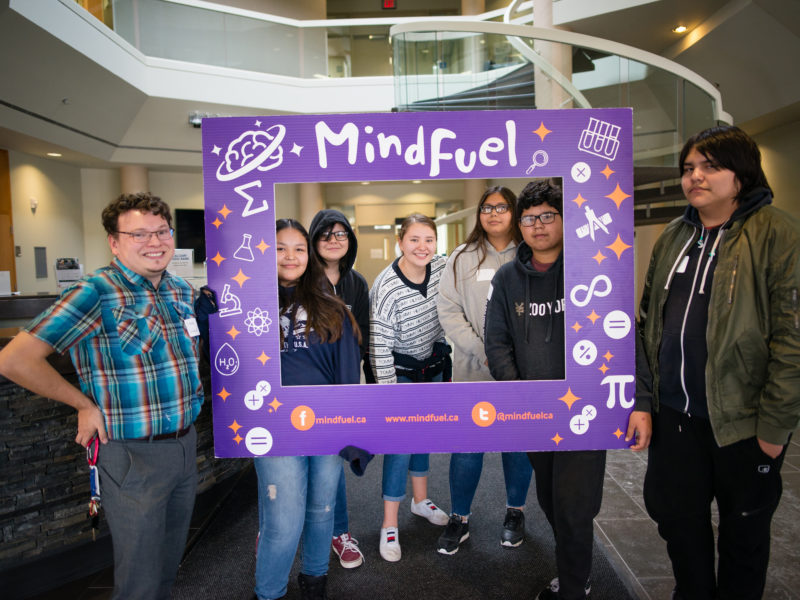British Columbia
Project
In Motion & Momentum+ (IM&M+)
IM&M+ is an intensive pre-employability program that supports people to address complex barriers to employment and make progress towards reaching their social and economic potential.
Project
Enhancing a National Recruitment System for the Unionized Construction Industry
This project’s overall goal was to design and test virtual strategies to recruit more individuals, especially those from underrepresented groups (women, Indigenous Peoples, racialized people, newcomers and youth), to careers in the construction trades.
Project
Level Up Skills Evolution: Scaling Up Sectoral-Based Microcredentials
The Level Up Skills Evolution project begins with a unique premise – what if employers were more in the lead for designing microcredentials? The project therefore aimed to address workforce challenges by developing and scaling sector-based micro-credentials to help employers navigate technological change, labour shortages, and training gaps.
Research
Digital Technologies and the Big Data Revolution in the Canadian Agricultural Sector
Researchers at the University of Saskatchewan’s Canadian Centre for the Study of Co-operatives reviewed the literature to examine the response in Canada and elsewhere by farmers, agribusiness firms, agricultural organizations and governments to the emergence of big data generated by the use of the IoT in agricultural production processes.
Research
Rapid Reskilling to Support Nature-Based Solutions and Green Infrastructure Projects in Canada
The project aimed to retrain workers from the oil, gas, forestry and mining industries, enabling them to transition into roles that support environmental restoration and sustainability through nature-based solutions (NBS).
Project
Tech Futures Initiative
MindFuel came alongside Indigenous communities to address the barriers faced by Indigenous youth in rural and remote communities by implementing STEM and innovation programs for youth.
Project
Bridging the Gap: Developing a Flexible Learning Platform for Reskilling and Upskilling
The project aimed to partner with other colleges and employers to identify in-demand jobs and their associated competencies requirements, and to develop and deliver micro-credentials that meet the specific needs of individual job seekers.
Research
How International College Students Use Career Supports
To fully harness the potential of international students and maximize the investments made in their education and settlement, it is crucial that those who stay in Canada after graduation transition smoothly into the labour market.
Research
International Students’ Transition to Work
International college students tend to have poorer employment outcomes than their Canadian-born peers. Except for those in STEM fields, international college graduates earn 15 to 23 percent less after graduation. They face multiple labour market barriers, including challenges with networking, language, discrimination, and job interviews.










